Professor: Susan Rodger (lectures)
|
|
Professor: Robert Duvall (labs)
|
|
Graduate TA: Jannie Tan
|
|
Undergraduate TAs
- Dustin Alin
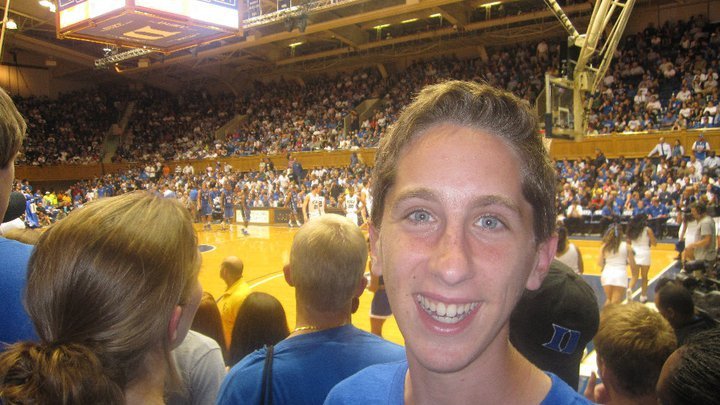
- Ben Berg
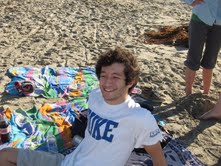
- Scott Brothers
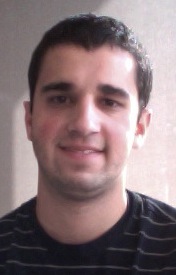
- Scott Cara
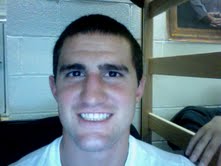
- Erick Gonzalez
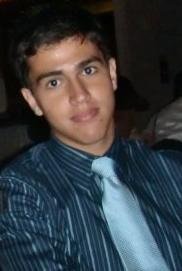
- Joseph Graves
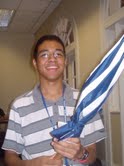
- Peggy Li
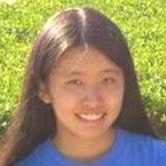
- Alex Kim
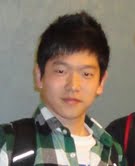
- Lindsay Kubasik
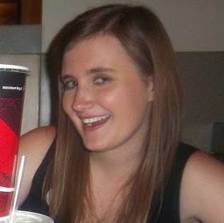
- Christie McConnell
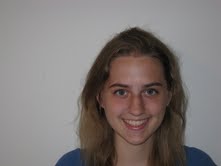
- Ian McMahon
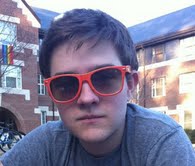
- Ben Meiseles

- Eric Mercer
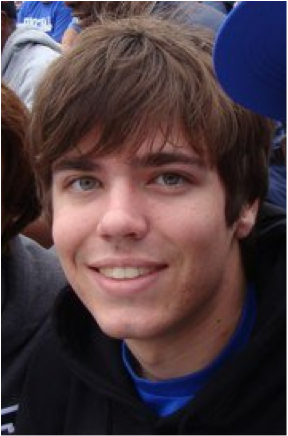
- Kathleen Oshima
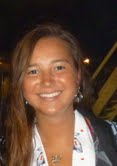
- Noelle Suaifan
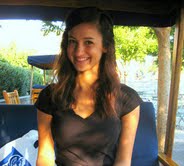
- Antares Yee
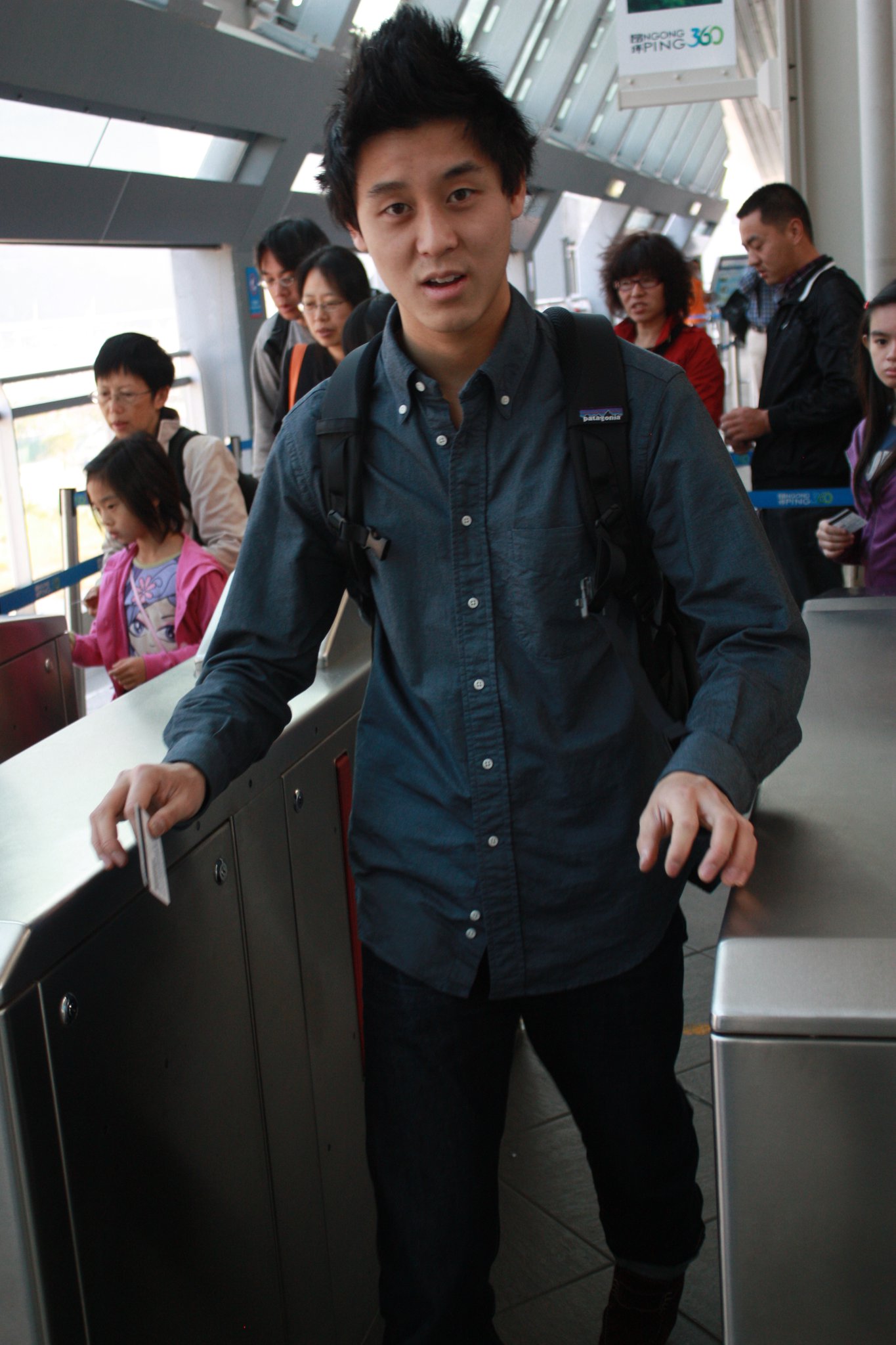
- Sarah Zhang
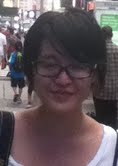
Course Meeting Time
Lecture:
- Tuesday and Thursday: LSRC B101, 10:05am-11:20am
Lab:
Time Place Leaders Thu 1:15 228 Soc Sci Ben B, Erick Thu 2:50 105 Gross Chem Ben B, Peggy, Ben M Fri 1:15 228 Soc Sci Jannie, Christie Fri 2:50 228 Soc Sci Peggy, Erick Mon 10:05 318 Allen Lindsay Mon 11:40 127 Soc Psych Scott, Lindsay, Kathleen Mon 1:15 124 Soc Sci Ian, Kathleen, Ben M Mon 2:50 123 Old Chem Christie, Ian
You should also be signed up for one lab. Labs are on Monday, Thursdays and Fridays. There is no lab on August 29. Labs start on Sept 1.
Text (Required)
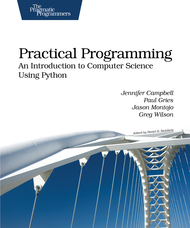
Practical Programming: An Introduction to Computer Science Using Python
by Jennifer Campbell, Paul Gries, Jason Montojo, Greg Wilson
This book is available at the Duke bookstore or in an electronic form from the publisher.
Reading
In general you should read the text in order to be prepared to ask and answer questions in class. If you've looked at material before it's discussed in class you'll get much more out of the class discussion. This is especially true once class has been going for a while.
There will be either reading quizes on blackboard due before class or inclass quizzes many days. For the quizzes on Blackboard they must be completed before class time, they won't be available when class starts.
Web page
Many of the materials for this course (including this page) are available on http://www.cs.duke.edu/courses/fall11/cps006/Bulletin Board
We will be using Piazza for the class bulletin board. Look here for announcements, hints, and information relevant to this class. You can also post questions here.
Classwork
Class attendence is required. We will work on problem solving (with and without computers) during class.
Computing projects
All computing projects (assignments and apts) will use Python, the Eclipse environment and Ambient for submitting. See the Resources page for information about installing these.All computing projects should include names as a comment in the program and a separate README text file that gives information such as name of authors, how long it took to work on the project, and anyone you received help from.
LATE POLICY: Projects turned in up to 2 days late are 10% off (Sunday does not count as a late day). Projects turned in after 2 days are 20% off. Projects must be turned in within one week late. See Prof. Rodger immediately if you are having difficulty with this.
Collaboration
First, you should follow the Duke Community Standard.Second, unless otherwise stated, all work in this course should be your own work.The Duke Community Standard Duke University is a community dedicated to scholarship, leadership, and service and to the principles of honesty, fairness, respect, and accountability. Citizens of this community commit to reflect upon and uphold these principles in all academic and non-academic endeavors, and to protect and promote a culture of integrity.
To uphold the Duke Community Standard:
- I will not lie, cheat, or steal in my academic endeavors;
- I will conduct myself honorably in all my endeavors; and
- I will act if the Standard is compromised.
You can get help from professors, the graduate TA and the undergraduate UTAs associated with the course.
You may consult with other students in the course but you should not share code with other students. Consult means you can discuss the project before writing it, and get help with debugging your project, but you should write your own code. Writing a program and sending copies to another student is not acceptable! For each assignment you are expected to include a list of the people with whom you have consulted (including students, TA's, tutors, professors).
Tests must be your own work.
Grading
| labs | 10% |
| readingquizzes/quizzes/classwork | 10% |
| apts | 10% |
| assignments | 20% |
| two exams | 25% |
| final exam | 25% |
There will be two exams (dates on the calendar), and a final exam on Friday, Dec 16, from 2pm-5pm.
Grading is done on an absolute, but adjustable scale. This means that there is no curve. Anyone earning 90% or more of the total number of points available will receive a grade in the A range (A+,A,A-); 80% = B, 70% = C, 60% = D. This scale may go down, but it will not go up.
Extra credit in a category is applied to that category. Extra credit on APTs are applied to the APT category. You may not receive more than 100% in any category. However, extra credit that tops you over a category (more than 100%) is noted and will be considered when calculating final grades if you are close to a border.
The tests and final exam will be closed-book.